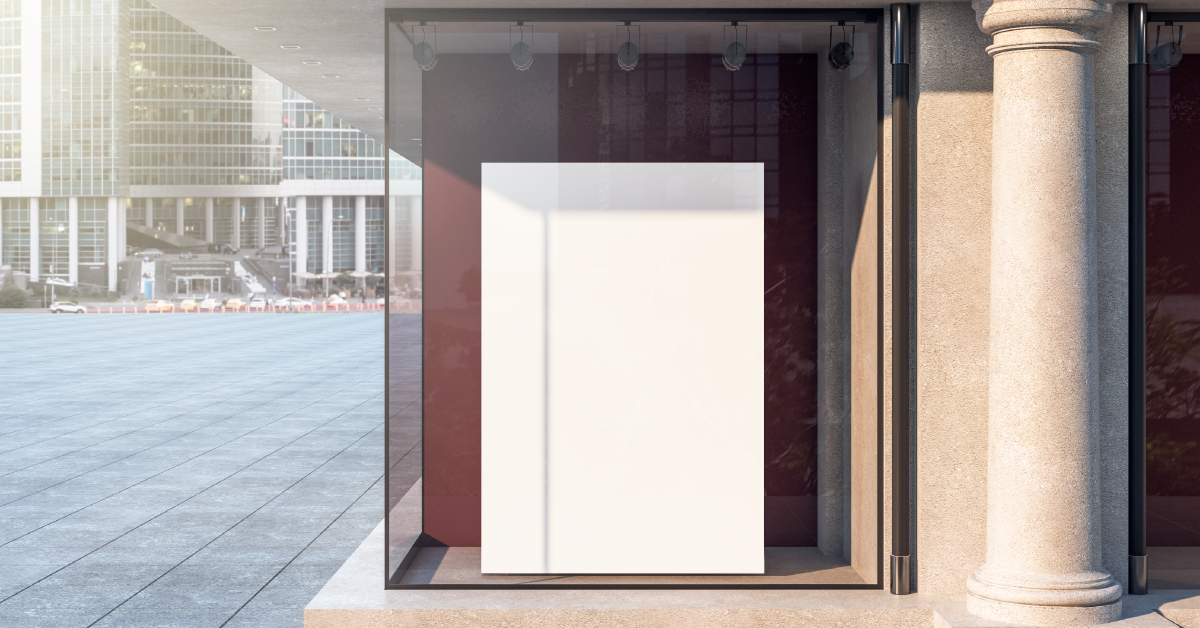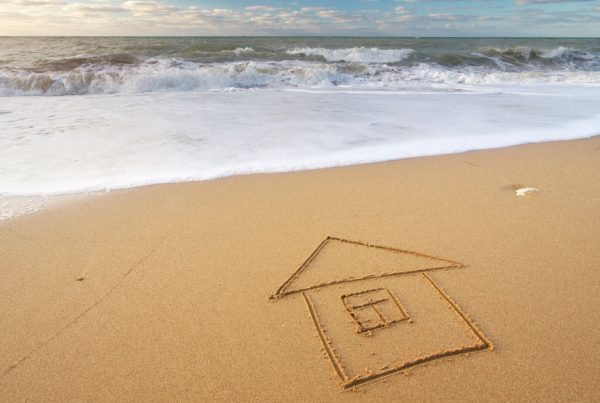The purchase of a property in Spain, whether for private use, such as a home, or for commercial use, such as the purchase of premises, involves a series of legal formalities that must be complied with and that affect all phases of the purchase, from the very moment of signing the deposit to once the sale and purchase has been completed.
As we have told you on previous occasions, having knowledge of all these procedures and being able to carry them out is not an easy task even for Spaniards themselves, so when you add the language barrier or even the kilometres if you are not living in Spain at the time, it can turn the purchase of the property into a really tortuous process.
If you like, today we are going to try to explain the different phases and requirements that you will find in the process of buying a property.
What should I take into account before the purchase?
As a first step, it is essential to know and make sure that the seller is really the owner of the property. Therefore, he must provide us with a copy of the notarial deed in which it is stated that he is indeed the owner. This document also contains the details of the Registro de la Propiedad.
Once we have this document, it is advisable to request a report from the Registro de la Propiedad about the property we want to buy. This is the safest way to ensure that the property is not subject to any seizure, legal proceedings, mortgages or any other type of incident that could affect it once the property has been purchased.
On the other hand, when we reach the commitment to purchase the property in question with the seller, we will make a reservation deposit that will act as a sign of “good faith” on our part and will formalise this commitment in some way. The payment, depending on the amount of the transaction but usually between €3,000 and €12,000, will be made either to the real estate agent, to the lawyer who is mediating the sale or even to the seller once the contract has been signed by both parts.
It´s important that the reservation contract includes the personal details of all the parties, the personal documents that prove it, the sale price and the rest of the agreements reached.
Last but not least, it is important to check that both the IBI (property tax) and the community charges are up to date and, if applicable, to determine the outstanding arrears to be paid by the seller.
How is the purchase formalised?
The “Escritura Pública” is the document in which the purchase of the property is reflected and which must be executed before a notary. In this way, we guarantee the legal security of the transaction.
In this case, it is also the notary who must carry out all the checks related to the public deed, among which are the following:
- Identity, capacity and legitimacy of the buyer and seller.
- Cadastral data (accreditation of the cadastral reference of the property and a graphic-descriptive certificate is requested, which is included in the deed).
- Energy efficiency certificate.
- Certificate of habitability.
- Warnings of hidden defects and tax obligations. Transfer Tax and Stamp Duty, Municipal Capital Gains Tax, etc.
- Identification of beneficial owners in the case of commercial companies.
- Review and study of payment.
- Verification of the seller’s title.
- Verification of the tenancy status of the property.
What happens once the property has been acquired?
Once the “Escritura Pública” has been formalised, we will have to pay a series of taxes for tax purposes (VAT, transfer tax, legal acts ….) and, of course, register the house in the Registro de la Propiedad. For all this, there is a period of 30 days.
It should always be borne in mind that the legal formalities may vary depending on the type of property. For example, they are not the same if the property is second-hand, newly built or located in a protected area.
It is therefore advisable to take advice or allow a team of lawyers with experience in the sector to be responsible for carrying out the operations and formalities, through a power of attorney, especially if the buyer is not in Spain during the whole process.
At MAM Solicitors we specialise in helping our clients so that their only concern is to enjoy their property. If you think we can help you, please do not hesitate to contact us.







